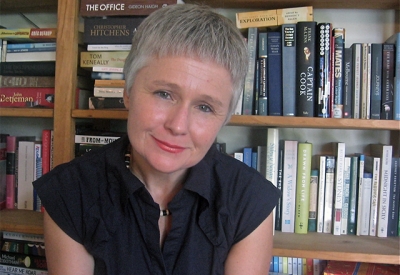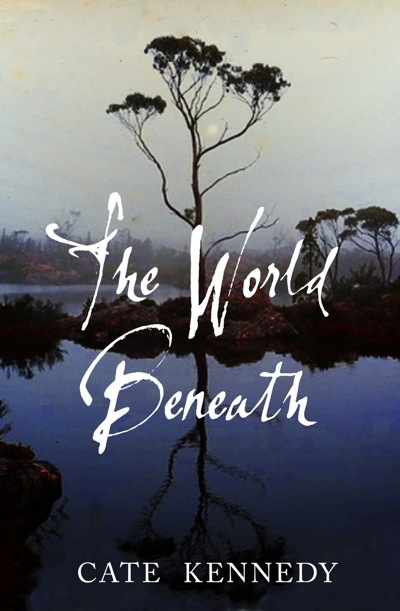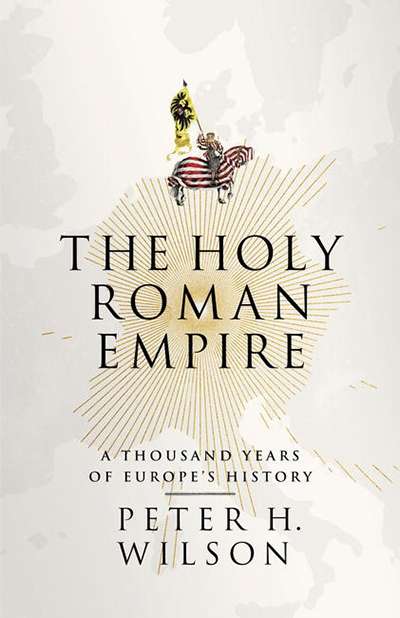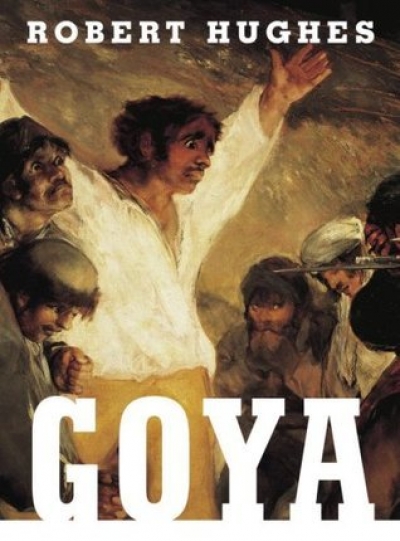Commentary
‘“Thin labourism”: How is the Albanese government travelling?’ by Frank Bongiorno
The Journal of Australian Political Economy (JAPE) recently published a special issue to mark the (presumed) halfway point of the Albanese Labor government. There was an editorial and nineteen articles. As you would expect, the verdict was mixed. The most striking thing to me, however, was that the authors had enough material to work with. A similar exercise for the Abbott and Morrison governments would have produced the problem faced by Old Mother Hubbard. The Turnbull government might just have provided her poor doggy with a bone, but one without much meat on it.





























